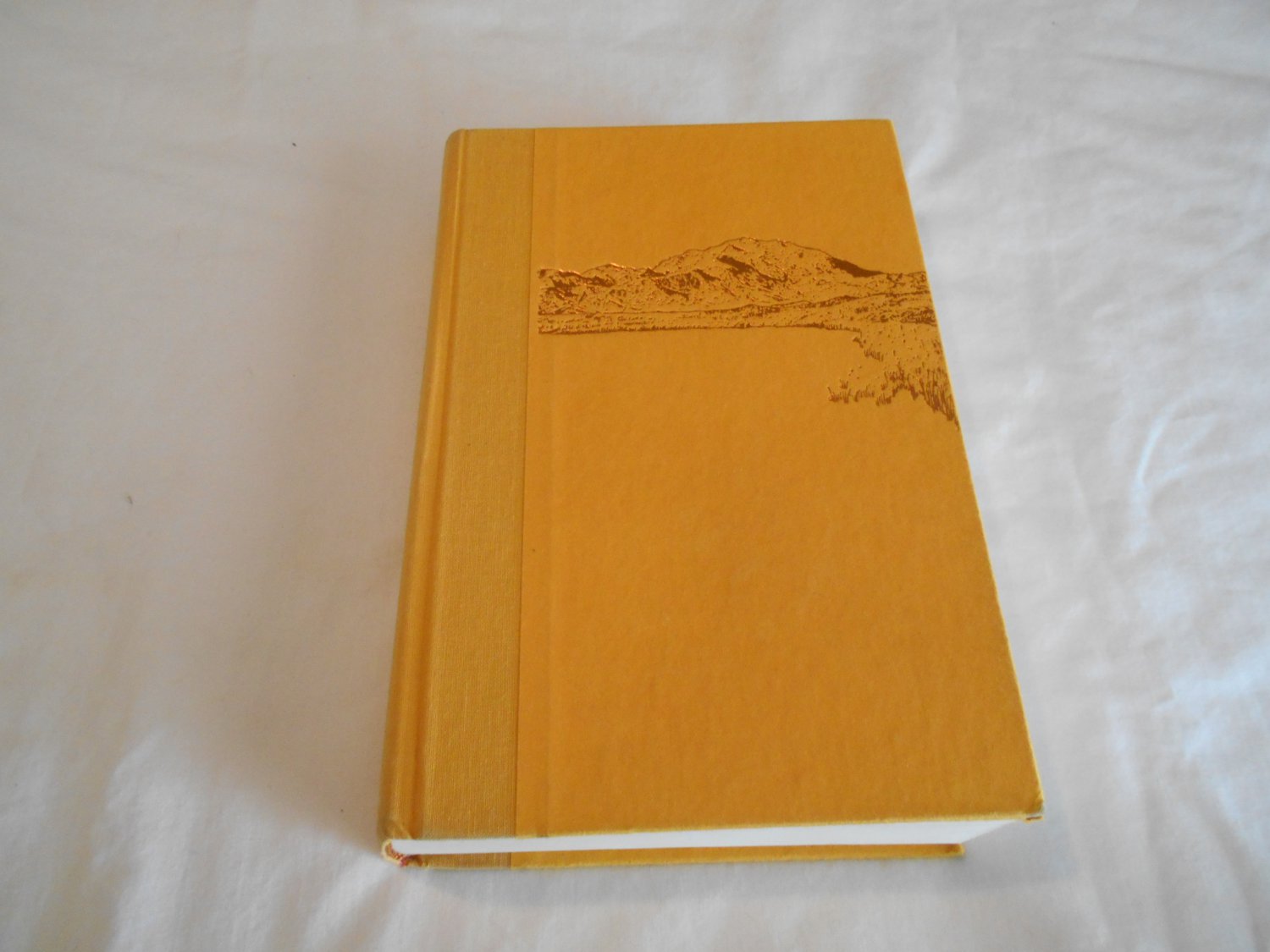

SO before I wrote this review, I sat down and made list of what I remembered learning from Alaska: So, here in random order as I remembered them is a list: 1) the meaning of cabotage, and how it shaped and restrained Alaska's potential the central importance of the Jones Act the power of Seattle as the puppet-master of frontier development and ALska's long term existence as an extractive colony for Seattle business elites the relative civility and orderly nature of Alaska under Russian government, as opposed to the chaos created by COngress's refusal to form a territorial government after the much-mocked purchase the brevity of the Gold Rush, and the importance of Nome as well as the Klondike in that epic moment Michener's romanticized view of the Royal Canadian Mounted Police the immense wealth that came to Native corporations s a result of the Alaska Native Land Claims Settlement, and the legal exploitation of the new corporations that followed the strategic importance of Alaska in World War II, the origins of the ALcan Highway, the Japanese invasion of the Aleutians the effect of tundra tires on bush planes' flight characteristics the unpredictability and danger of Alaskan weather and the wetness of the southeast the violence between the Russian settlers and the Tlingit, Michener's vision of a racially diverse future Alaska rooted in traditional values and lifestyles AND adapted to the advantages of modernity. AT times I was riveted to this novel at other times, truly bored, but the test, for me, anyway, is what I actually took away with me after reading it.

At 800++ pages in hardcover, all in 8 point (or did it just seem 8 point and was maybe 10 point type), you simply couldn't get away with a novel this long today.( Marketer would at the very least carve it up into a three volume boxed set), But, having said that, Alaska is a comprehensive (if in places ponderous) history of the Last Frontier from Big Bang to the Prudhoe Bay Pipeline.

So it was - or perhaps so it seemed to be - with Alaska, one of Michener's last and longest historical novels about place. And like those historical mini-series (John Adams & The Crown come to mind) readers often come away form a Michener novel feeling like they've learned a lot, but hardly able to remember what they've learned. A generation before streaming video and binge watching, Michener invented the epic historical miniseries, but in book form.


 0 kommentar(er)
0 kommentar(er)
